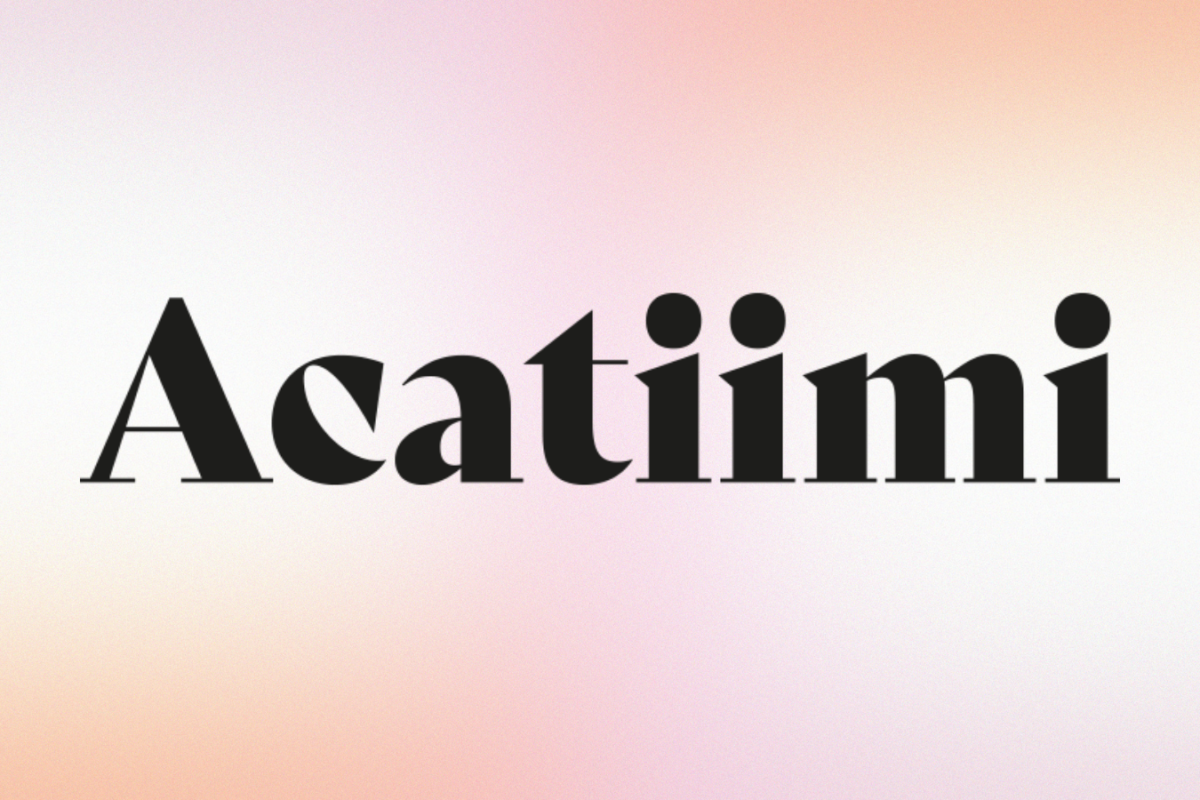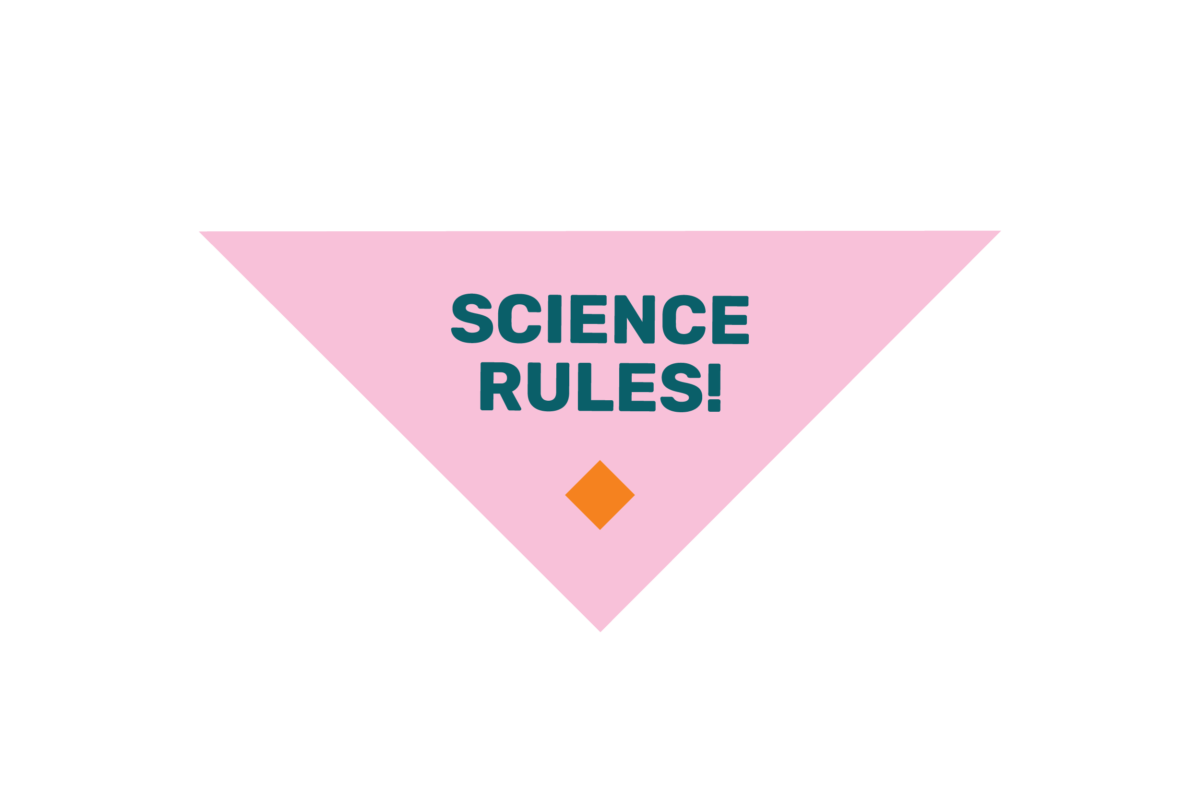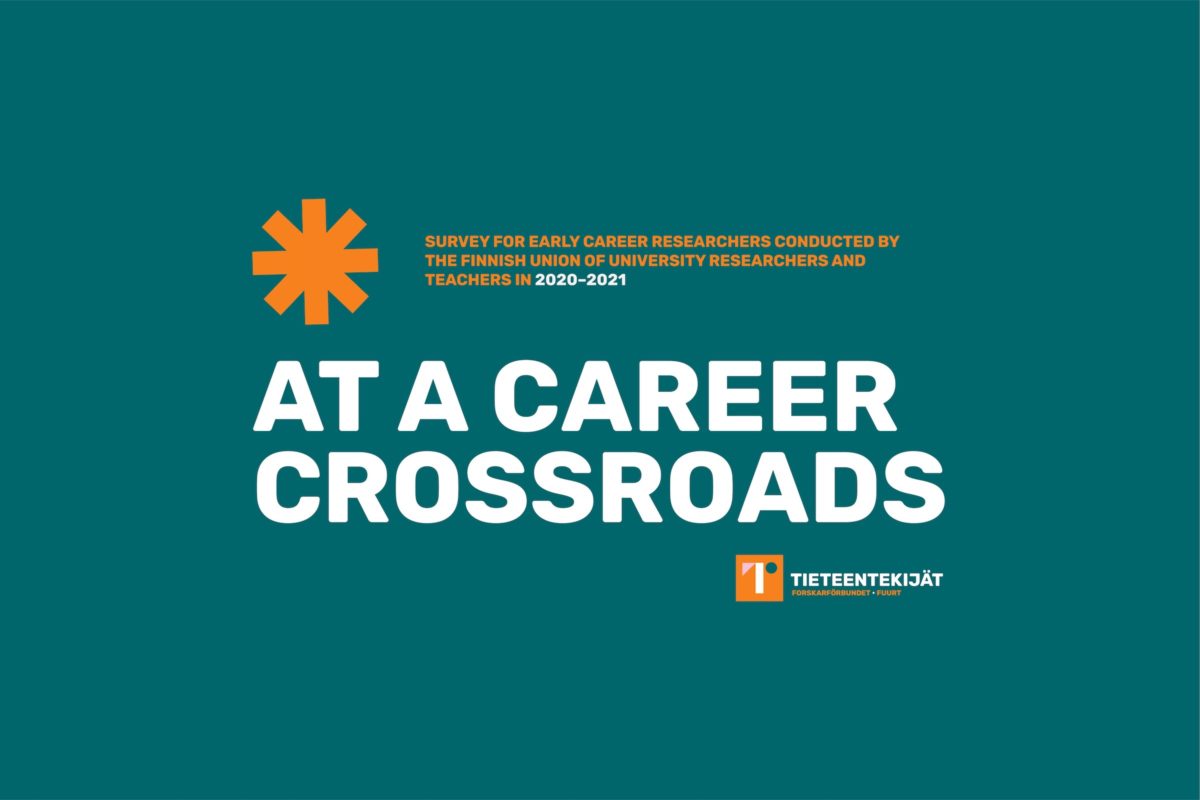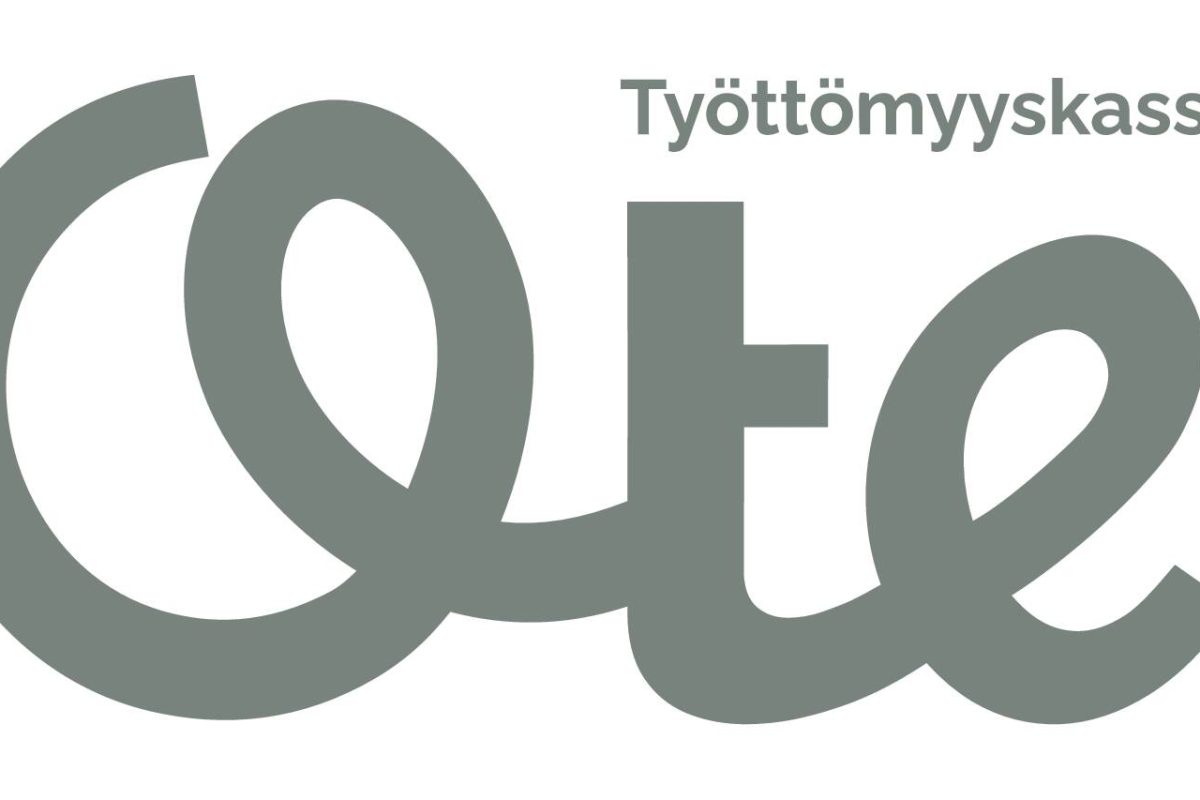
Early career researcher
We have compiled current information, advice and guidelines on this page for early career researchers.
Early career researcher is a general concept that includes both those working on their doctoral thesis and newly graduated doctors. The latter group is referred to in the academic field as, for example, postdoctoral researchers. The duration of the postdoctoral phase varies depending on the definition. In our surveys for early career researchers, for example, the duration is defined as a maximum of four years from the completion of the dissertation.
Policies intended to support the work and well-being of early career researchers
PhD supervision
The doctoral researcher-supervisor relationship includes obligations and rights that apply to both the supervisor and the researcher. Some of the rights and obligations are affected by whether the PhD research work is done under employment, on a grant or at the researcher’s own expense alongside other work.
Funding for PhD work
PhD work can be funded by an employment to the university or other employer or by grants. Universities’ and other research organisations’ open positions are to be found on their own websites. On the research.fi site you can find open funding calls for grants.
Residence permits for researchers
If you are coming to Finland to conduct research, study for a licentiate degree or prepare a doctoral dissertation, you can apply for a researcher’s residence permit.
After having completed a degree or research in Finland, you can apply for a residence permit for seeking work or on the basis of work.
Grants
Most researchers’ careers include both grant-funded periods and working in employment relationships. Even if the content of the research work would be roughly the same, working under a grant differs from an employment relationship in many ways. Therefore, the working life skills of every academic include knowing the basics of working under a grant.
Our members may access the guide in E-Services.
Terms and conditions of work at universities
The generally binding collective agreement for universities sets the terms and conditions of work at universities. It applies to everybody employed in Finnish universities. Note that the collective agreement applies only to employees, not grant researchers.
Working time and absences at universities
The annual working time for universities’ research and teaching staff is 1,612 hours. Staff members can freely choose when to work, as long as responsibilities are duly taken care of.
Salary system at universities
At universities, pay generally consists of two elements: the job-related salary element and the personal salary element. PhD researchers should start at the job requirement level 2 and proceed to level 3 once 50 percent of the thesis is completed, and further to level 4 once 75 percent is completed.
Fixed-term employment contracts
Information, advice, statistics and solutions for fixed-term employment relationships in universities.
Harassment
We have compiled a website on what to do if one encounters harassment or inappropriate treatment.
Employment in Finland
General information on employment and determination of terms and conditions of work in Finland can be found on the InfoFinland website.
Finnish social security system
The Finnish social security system covers those who live in Finland on a permanent basis and those who work in Finland. In certain situations, persons who stay abroad can also be covered by the Finnish social security system.
General information about the Finnish social security system
Unemployment security
There are three forms of unemployment benefits in Finland: earnings-related allowance, basic unemployment allowance and labour market subsidy. Full-time students cannot receive unemployment benefits. It is very important for PhD researchers to read our instructions before registering as an unemployed job-seeker.
Job prospects outside universities
Universities’ career services are there to help doctoral researchers. The Aarresaari Network collects and updates contact information for universities’ career services. For union members there is career coaching.
Aarresaari Contact Information

Career services
The career services of the Union consist of training for all career stages, career coaching as support for career development and occupational well-being, as well as tips and good practices related to applying for job positions and funding. Our career services are available online, and our career coaches can be reached by phone, for example. You can use our career services anytime, anywhere!

Want to become a union member?
The Union of Research Professionals is an organisation and trade union for researchers, teachers and other academic experts at universities and in different research institutions either in public or private sector.






